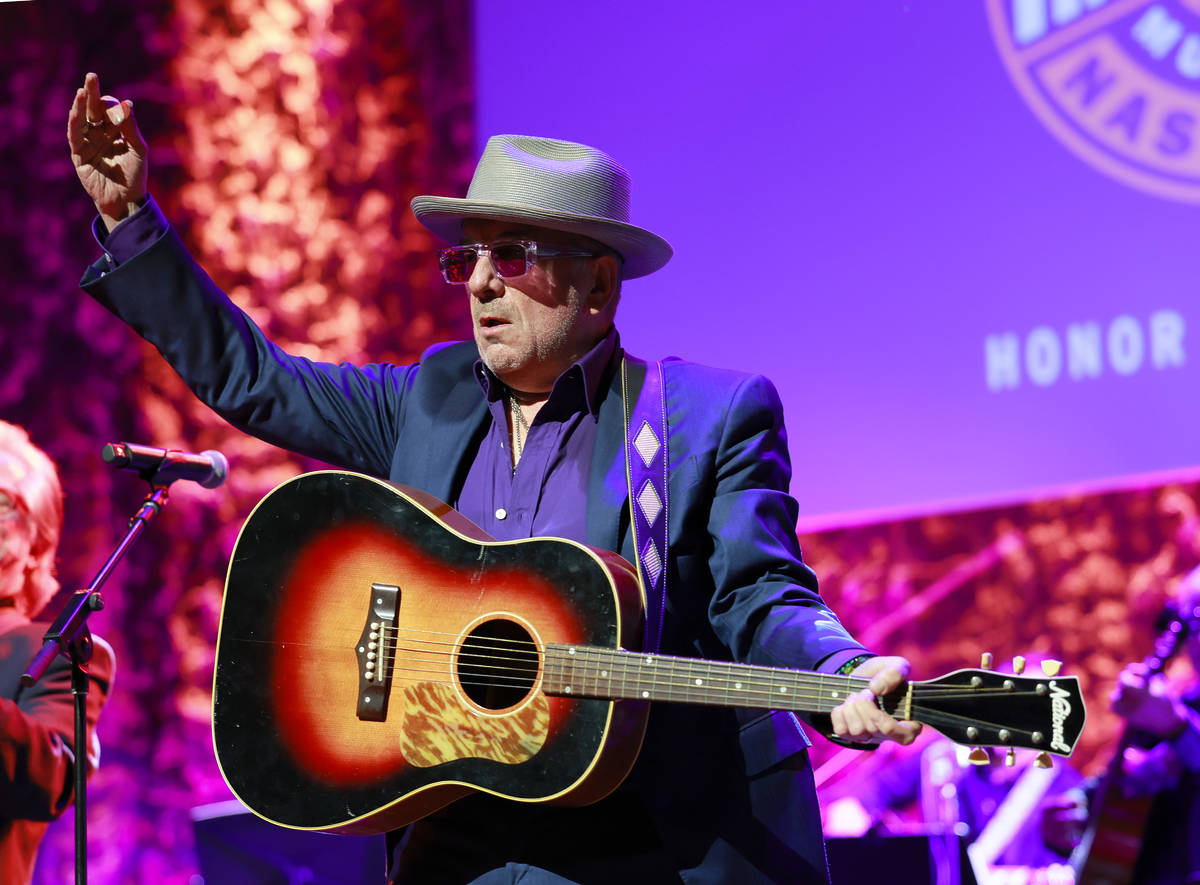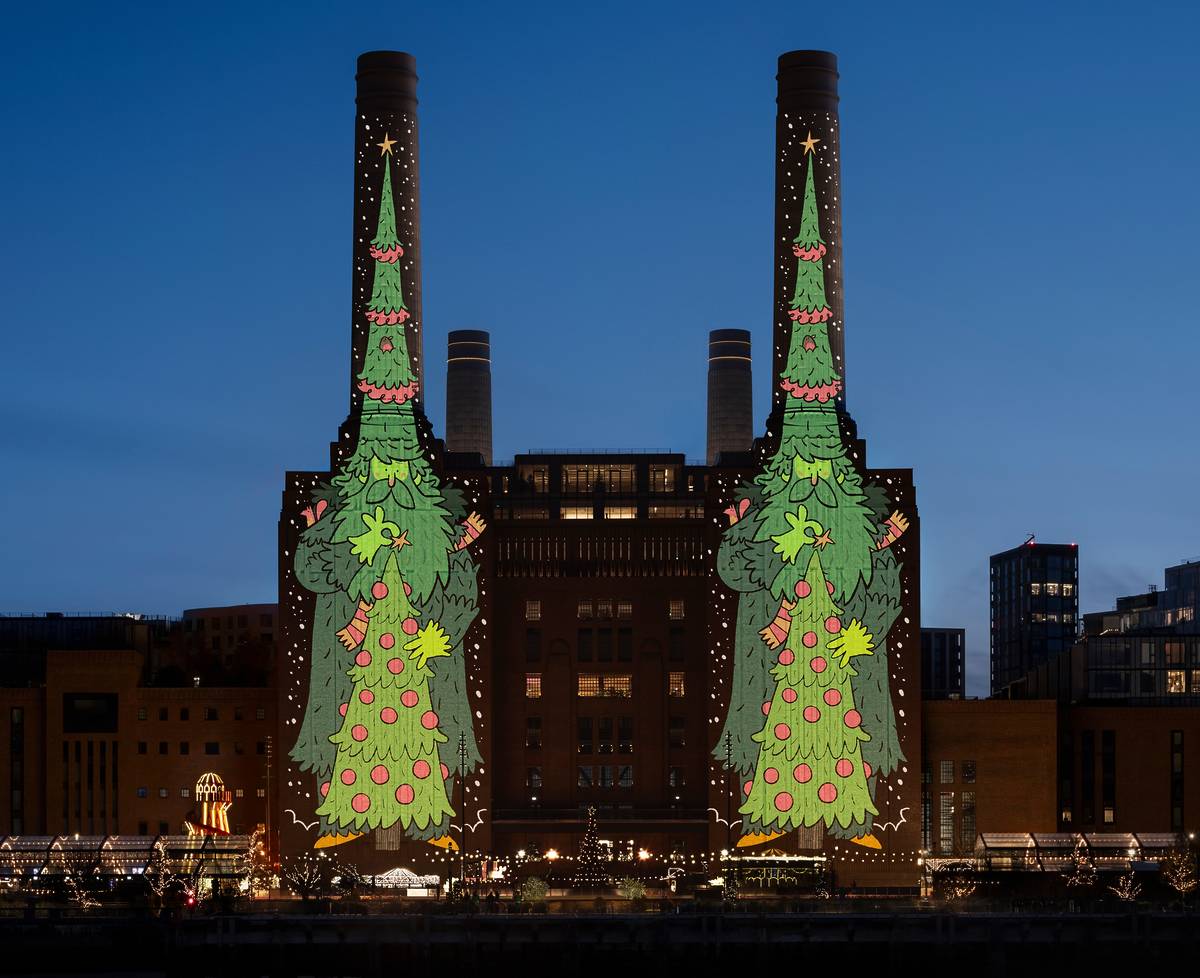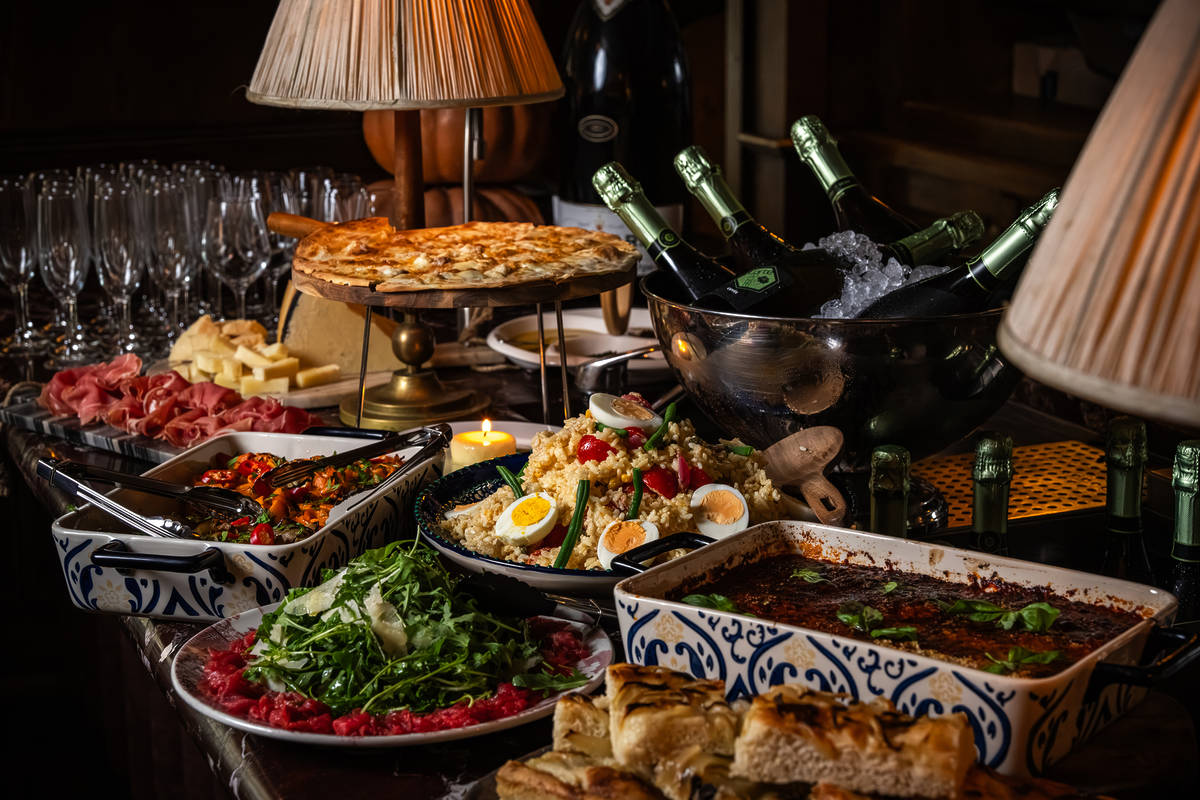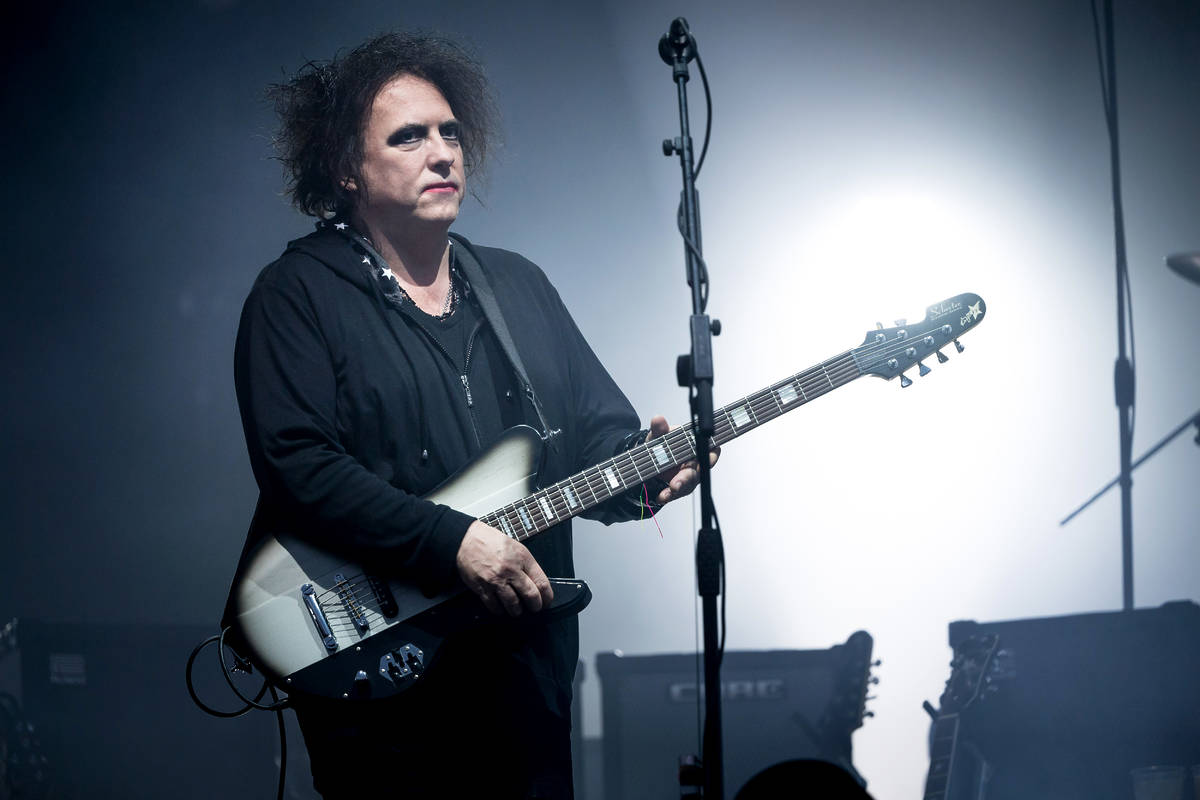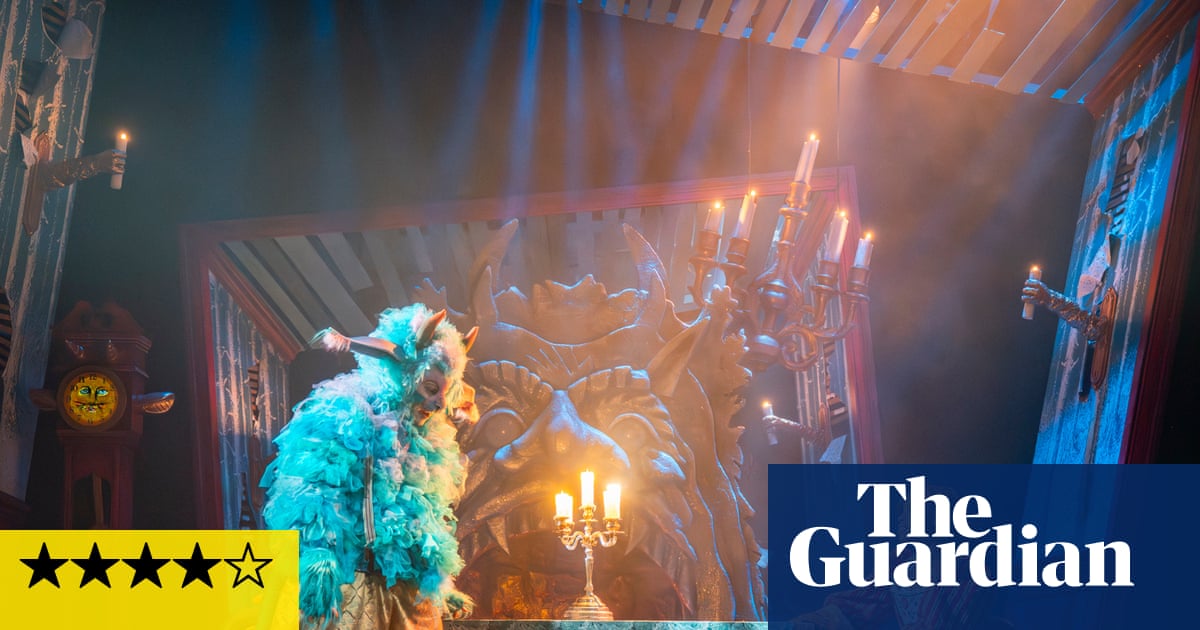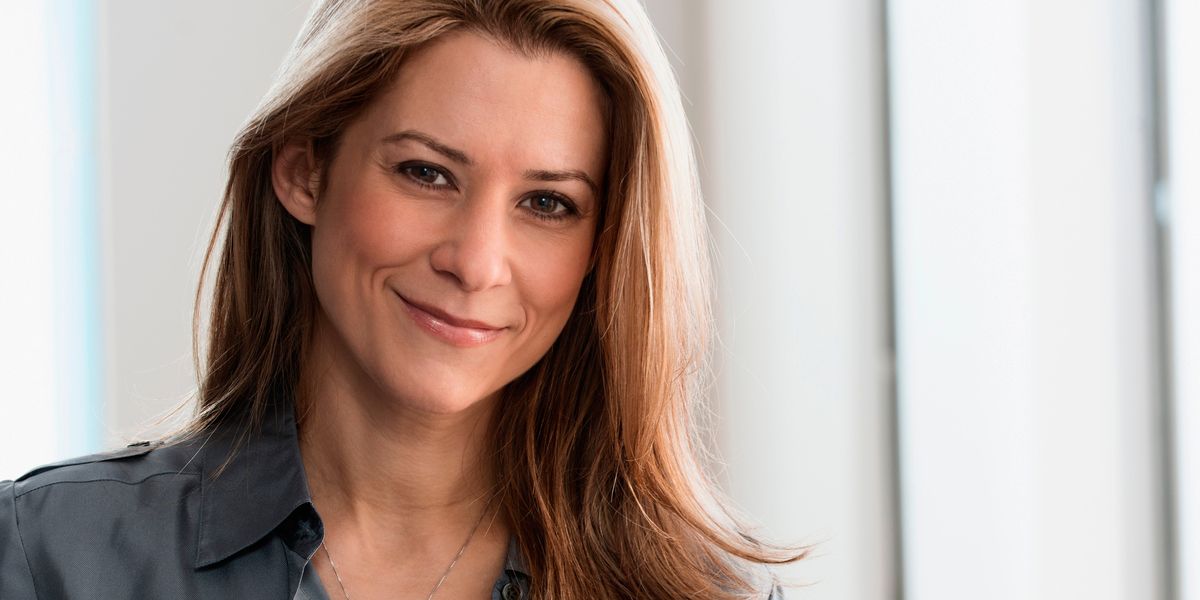What's On
Chris Hayward, Policy Chairman at the Corporation, said: “The Chancellor has…
Going Out
Save The Autumn Budget revealed the first rail fare freeze…
Reviews
Save Though he may have trusted Alan Carr a little…
Latest Articles
Here is a sun-kissed panto to dispel any dreams of a white Christmas. Joe Tracini’s script is set…
The public voting phase for the 2026 Smiley Charity Film Awards is now underway, marking the launch of…
If ever there was a show where the title came first, you’d guess it was this one by…
Save Gawping at gorgeous scenery and bragging about my step count are two activities that are extremely high…
Save Earlier in the year, it was revealed that Robert Smith of The Cure would be the new…
Save When it comes to continental cross-border train travel, nobody does it quite like Eurostarright? Their smooth, speedy,…
ThermoPest, a London-based pest control provider offering national coverage, has observed a significant increase in the cost of…
It is rare for a family show to be both funny and spine-tinglingly creepy, but an achievement playwright…
In Spotlight
Last night news broke that some businesses have being paying…












